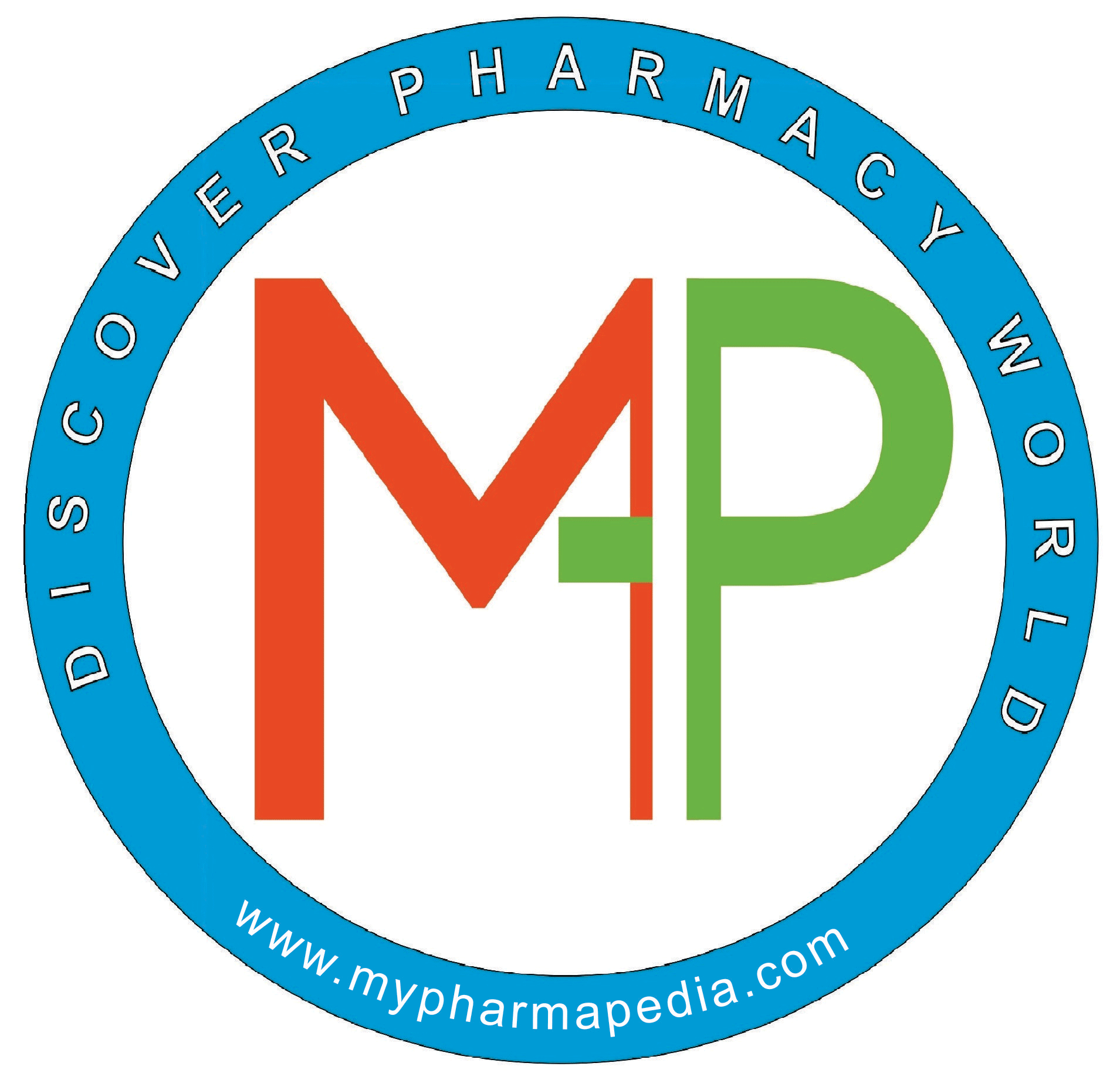JAPAN
In Japan, the pharmacy educational system was changed in 2006, with separation into two curricular tracks: a traditional 4-year program with a laboratory orientation and a new 6-year licensure-oriented program. On the one hand, those who complete the 6-year program are awarded “Gakushi (Yakugaku)” (meaning “Bachelor of Pharmacy” in Japanese), and graduates are able to obtain a national pharmacy license. On the other hand, those who complete the 4-year program are awarded “Gakushi (Yaku kagaku)” (meaning “Bachelor of Pharmaceutical Science”), and these graduates are not able to obtain a national pharmacy license.
This change was made to accommodate the strong demand for high-quality pharmacists as health care providers to deliver pharmaceutical care. Since 2006, most Japanese pharmacy schools have offered the 6-year program, and most of the enrolled students have the aim of becoming pharmacists (as opposed to pharmaceutical scientist’s wit 4 year B.Pharm).
All pharmacists need continuing education (CE), but for those who registered as pharmacists through the 4-year program, CE is seen as especially important for bridging clinical skills and maintaining competence. Many CE programs are currently provided by pharmacy schools, pharmacist societies, pharmaceutical companies, and others, but the content and quality are highly variable.
The Council on Pharmacists Credentials (CPC) is an independent national agency to accredit CE programs in pharmacy. Fourteen organizations are currently accredited as providers of CE credentialing programs by CPC, and four types of CE credentialing programs exist:
(1) CE credentialing programs to improve pharmacists’ competence by implementing and evaluating training programs (live lectures, clinical training, distance education, etc);
(2) special training programs to improve pharmacists’ competence by certifying them with specific abilities and aptitudes;
(3) pharmacy specialties credentialing programs to recognize and certify pharmacists who have specialized pharmaceutical knowledge and skills in certain disease categories, practice areas, or particular diseases; and
(4) others. Upon completion of CE programs, pharmacists receive a certificate from each provider, and some employers recognize or reward them.
For more information on registration please visit-
http://www.mhlw.go.jp/english/
http://www.jpec.or.jp/english/mission.html
